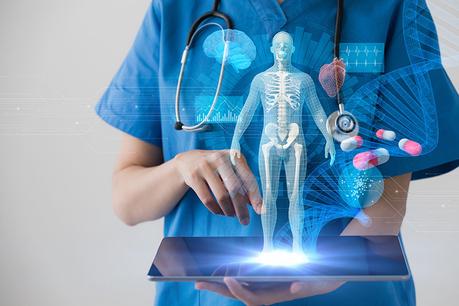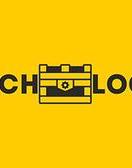No one who grew up watching Star Trek would find the idea of a computer doctor insane. In fact, for most Trekkies, the idea of having a voice-activated holographic doctor on call all the time seems pretty cool.
The future is now people
We’re not quite there yet, but we’re not all that far off. The Dr. A.I. app developed by Health App allows you to recount your symptoms to your smart speaker. The “Dr” then asks questions to narrow down symptoms.
It’s obviously not a substitute for a live doctor, but it could be useful in the diagnostic process. The app draws on data from several databases that your real doctor might not have heard of.
The advantage of this is that you’ll get a breakdown of all potential conditions that might apply. That’s also the downside. If you’ve already got slightly hypochondriac tendencies, you could convince yourself that you have some rare disease.
Still, thanks to the deep learning capabilities of the app, it’s becoming better at nailing down what the symptoms mean. This is a lot better than asking Dr. Google because the system is designed to group symptoms according to illnesses. So you’ll get some false positives, but not nearly as many as you would if you googled it.
Naturally, you’ll still have to head off to your doc to get the diagnosis confirmed. The upside is that the app might even give you alternative options. If you’ve just got a minor sniffle, for example, it might tell you to rest and take in plenty of liquids.
Are we moving into a Star Trek age?
Well, actually, we have been for quite some time now. Way back, the idea of having a handheld communicator/ scanner seemed quite sci-fi. Today, with cell phones that can take pics, scan the internet, read body temp and vital signs, it seems pretty normal.
Also, considering that 2019 will see a total of 4 billion devices that will have virtual assistants built in, we’re already way into sci-fi tech that our grandparents could only dream of.
It’s more than just diagnostics

Siri and her cronies have a few more tricks up their sleeves. Several apps can be programmed to remind you to take meds, input a blood sugar reading, and so on. That’s only the beginning.
Let’s say that you’ve taken your blood sugar reading and it’s way too high. Perhaps the app can give you tips on reducing it later. Or, if necessary, tell you to get medical attention immediately. Perhaps even call an ambulance for you.
The future
Amazon is working on an app that allows Alexa to pick up when a family member is coughing. The idea is that Alexa will eventually be able to distinguish between the different coughs. So she might very well tell you that you have a chesty cough and advice medication to take or a visit to the doctor.
We’ll have a type of holographic doctor
It’s not as you think, though. Our holographic doctors will be real doctors that we consult over messaging systems like Skype. Now, before you roll your eyes about how insane that sounds, just think about some of the latest wearable tech that is coming out.
You can wear devices to monitor your temperature, blood pressure, heart rate, even your menstrual cycle. Companies have long been working on ways for people to buy over the counter tests for several issues.
The medical visit of the future could well be very different. You might never have to get bored enough to read an ancient magazine in your doctor’s waiting room again.
Imagine this scenario. You’re feeling ill, so you strap on your smartwatch. It measures your vitals and relays this information to your medical file. You decide to make an appointment with your doctor.
He’s got the information he needs in terms of vitals. He can do a fair assessment of your condition via Skype. He’ll have a look at that rash you’ve developed. From there, he can suggest a treatment regimen or more tests.
He’ll order the tests to be sent to your home. You perform the tests and get the results back. He prescribes meds or asks to see you in person. If you don’t need to go in, your meds are dispatched to you at home.
Clearly, we’ve still got a way to go before this kind of scenario proves tenable. But it could be a great way for an overburdened health system to provide quality care for less serious afflictions.
It does seem like we’re heading to a future where the old question, “Is there a doctor in the house?” is becoming obsolete. So pay attention to those sci-fi movies from now on. They could be pointing the way for our own future.

